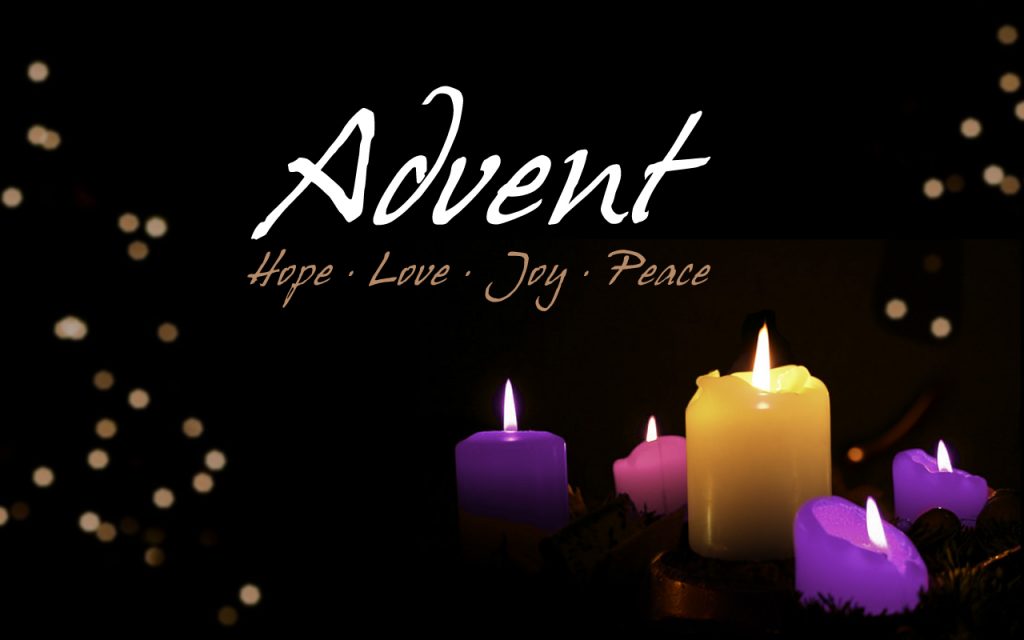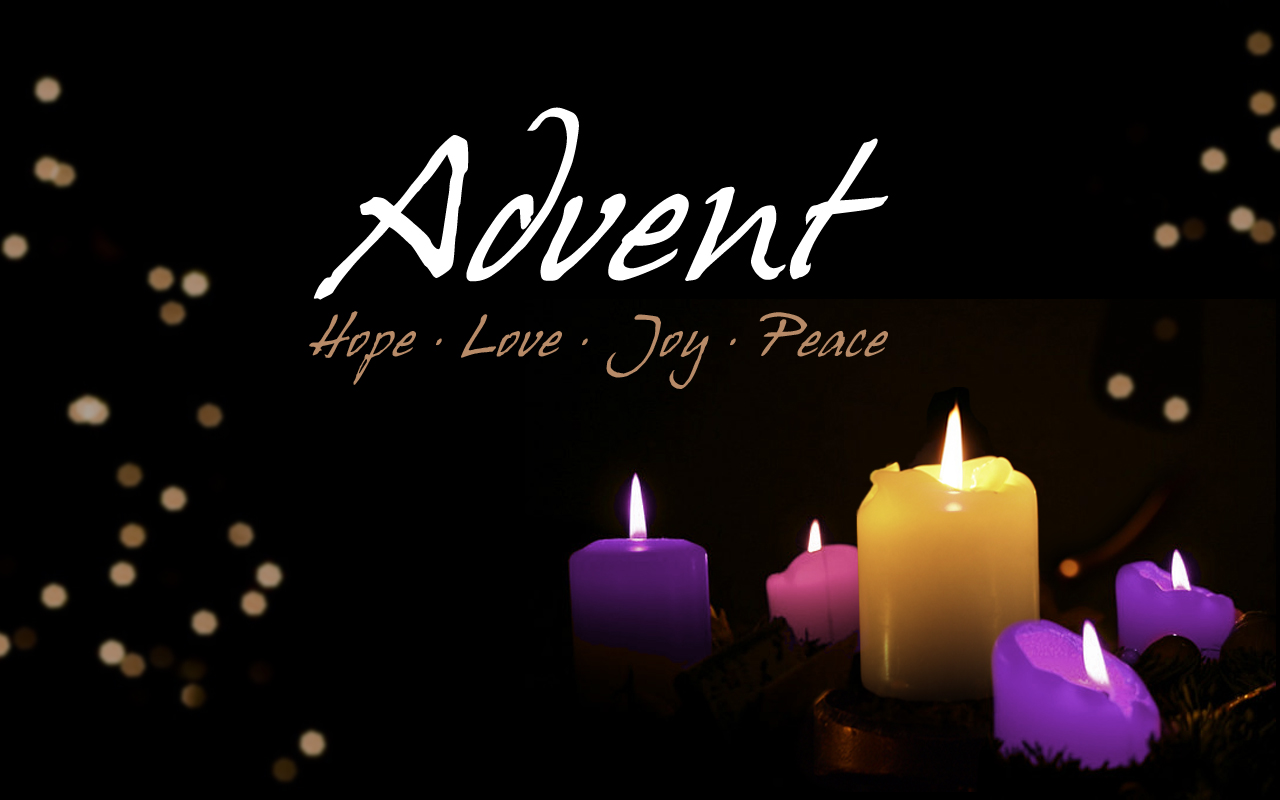
One cannot listen to Christmas music without hearing the song, “Mary did you know?” One would think this song in an ancient carol, but in fact, it was written, and first released in 1991 by Michael English. Since that first release, it seems every artist has released a version of the song. It’s a sweet song, as Christmas carols go, but from a theological perspective, it is all wrong.
The singer asks the rhetorical question of Mary and then walks the listener through the biblical account of Jesus life. That part of the song is spot on, he walked on water, he made the blind see and the lame walk, but coming back to the question of did Mary know we merely need to turn to the Scripture passage we heard this very morning, and the answer to the question has to be yes, Mary did know.
Mary’s Song, as the Scripture passage we heard today is known, is probably one of the most well-known passages of Scripture, perhaps as famous as the song and is a song of a young girl who has said yes to her God who has asked her to do a most extraordinary thing.
If we back up a bit in the story, we have Mary being visited by the Angel Gabriel. Tradition tells us that Mary was born to Joachim and Anna, who were of an advanced age, and was raised with the temple walls and was a young girl of profound spirituality. The angel comes to Mary and tells her that she is going to give birth to the savior of the world and asking only a simple question she says yes. God asked Mary a question that would change the course of her life, and without hesitation, she said yes.
Several years ago I was leading a bible study on this particular passage, and someone asked how many doors the angel had to knock on before he came to Mary who said yes. I paused for a moment, as I had never really thought about that question before, and my answer was only one, Mary’s door. God knew that Mary would say yes because he knew that she would say yes. And because this young girl said yes the world would change forever.
Mary’s Song puts forth a new work of God and this work is not given in lofty theological terms but as an ethic that will change the world. In concrete and specific terms, Mary sings in the language of revolution to record her understanding of the great truths that have unfolded in her saying yes. And because she says yes her soul magnifies the Lord; and her spirit rejoices in God her savior. Because she said yes her inner knowledge of what God has done has called her to worship. This young girl, born of low estate, unmarried, and living is an economically poor and militarily occupied country has become the Theotokos, the God-bearer.
Mary’s song is a reversal of the world order of her day, and perhaps our day as well. She sings that God has used his strong arm to scatter the prideful. Pride has often been looked upon as the first and the core sin for which all other rise. The great sin of Adam and Eve was not the eating of the fruit which was against God’s desire, but that they thought themselves equal with God, pride. Pride broke the relationship with God, and now God is using his strong arm to break that down.
Mary also sings about bringing down the powerful from their thrones and lifting up those who have no voice and no status in the world. She sings that God has filled the hungry and sent the rich away with nothing.
But what does all of this mean?
We can draw two conclusions from Mary’s song. The first is that God does not approve of prideful people nor powerful rulers that disregard the lowly in their charge, or of rich people who get fat while the hungry starve. Of leaders that deprive some of rights while giving more rights to others. Second, God uses and looks with favor on those of low estate. Jesus said the poor will always be with us, he said this because they would be a constant reminder of our responsibility towards others who have less than we do and no matter what, as we see in the story of the widow’s mite, we all have something we can give to help those around us. Mary has given us a glimpse of the new heaven and the new earth that God is ushering in with the birth of Jesus Christ.
Mary’s song maintains inclusion of all people in God’s plan preaching a potent reminder that God’s purpose will always turn the status quo upside down. We can be better friends, spouses, mothers, daughters, grandmothers, and neighbors as we say yes to the new thing that God is doing with and within us.
Mary, did you know? Why yes. And now you do as well.

